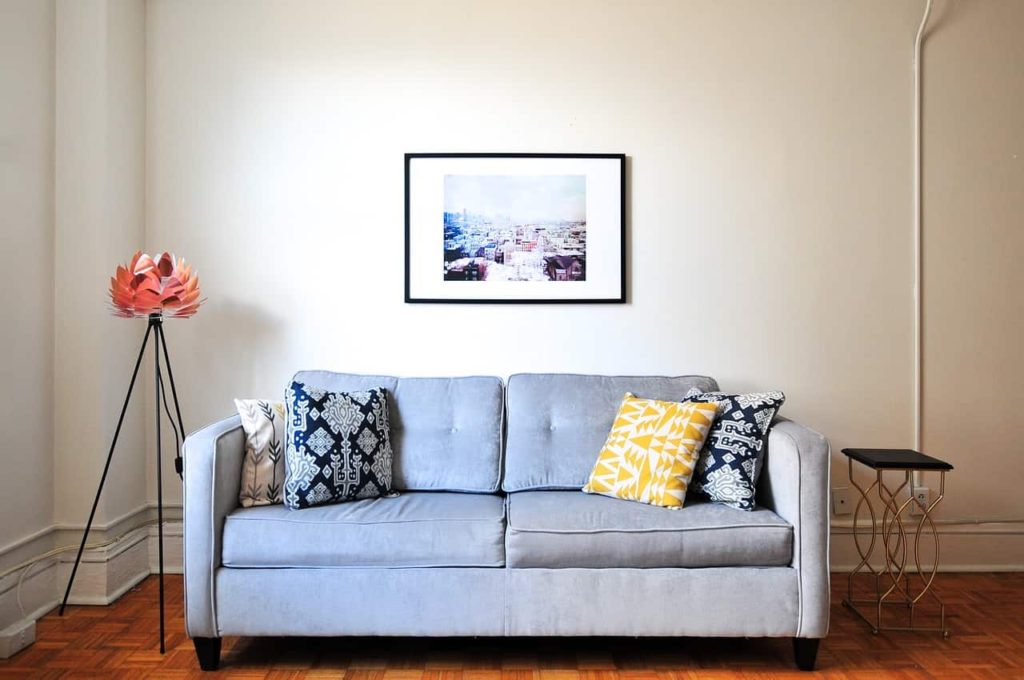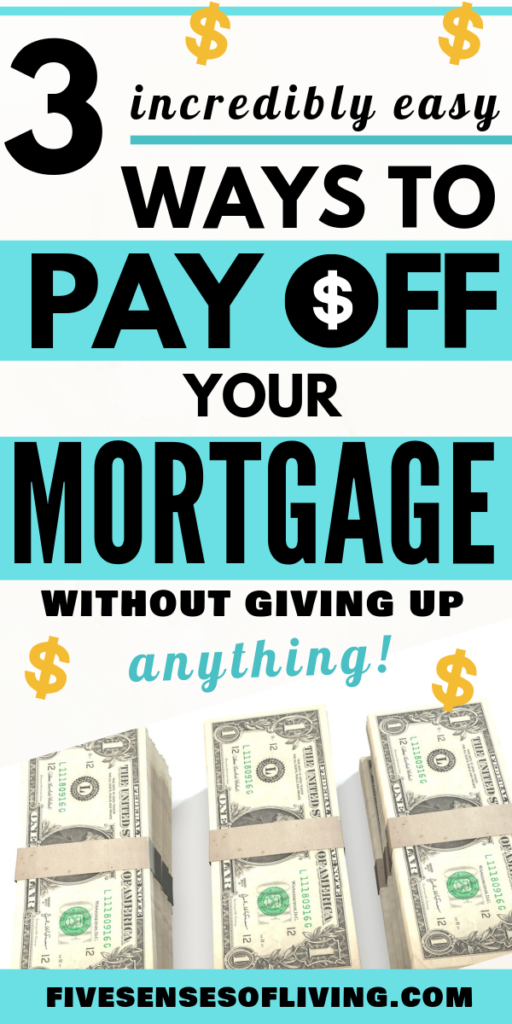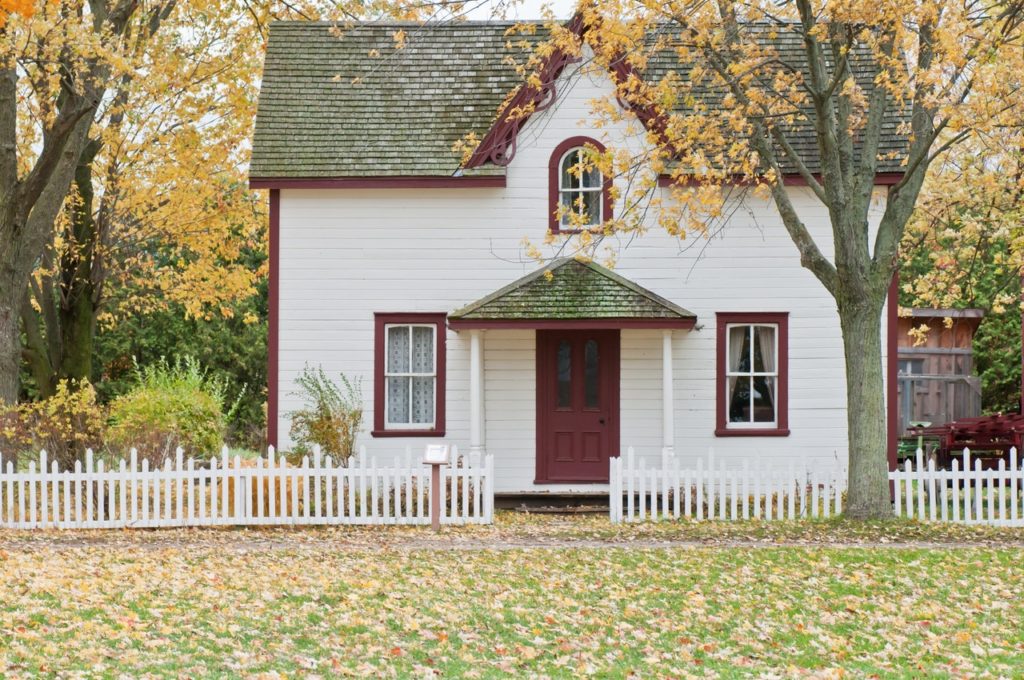This post may contain affiliate links, which means I may earn a small commission at no extra cost to you if you make a purchase through one of these links. Thank you for your support! Read full disclosure.
Now that you own a home (or will soon own a home) you might be wondering how to pay off your mortgage early? Excellent question and in this post, I’m going to show you how to do it along with why you would want to.
Owning a home is a huge accomplishment but it is also a major expense. Taking out a mortgage is said to be the largest chunk of cash you will ever be faced with.
Nobody likes to have debt looming over them for a lifetime. Paying off a mortgage as soon as possible has many long-term financial benefits such as saving thousands of dollars in interest payments. The freedom you will experience by paying off your largest debt will be liberating and life-changing.
You may be surprised to learn there are different methods for paying off your mortgage early. I want to show you a good system to help you get started.
RELATED:
- First Time Home Buyers Guide to Mortgages
- The Best Mortgage Calculator To Calculate Your Mortgage
- Buying Your First Home? 8 Things You Need To Know

Table of Contents
Purchase a home you can afford
First and foremost to pay your mortgage off early you must be able to afford your purchase for several years to come. Many banks will approve you for much more money than you need them to. Don’t get sucked into believing that because you have been approved for a certain amount that you need to spend that whole amount.
Take some time to think about what how much you want to pay out each month. Once you have decided on an amount make it clear to your real estate agent and stick to it.
If you are unsure how much you can safely and comfortably pay out for your mortgage most financial experts recommend that you keep your mortgage payment at 28% of your gross monthly income or lower.
When we were in the process of purchasing our home we decided to switch real estate agents in the middle. The reason we did this was that we didn’t feel that our agent had our best interest in mind. The houses the agent was presenting us were all above our set limit.
Yes, we were approved for the amount she was showing us but we weren’t interested in that price range. At one point the agent said to us “interest rates are so low you are able to get a lot more for your money in today’s market, why not consider spending a bit more?”
Don’t fall into the trap! Just because you can afford more doesn’t mean you need to. Always remember when you buy a bigger or more expensive home, almost everything costs more. Consider what you can do with the amount of money saved by not maxing out your loan from the bank.
Related
- How To Create A Budget
- 6 Money Management Tips To Create A Life Of Freedom
- How Much House Can I Afford and Not Become Poor
Are there penalties for paying your mortgage off early?
Prepayment penalties are fees that are charged if you pay your mortgage off too quickly by either refinancing, selling or prepaying. This is not as common today as it was in the early 2000’s however these penalties may be tacked onto mortgages offered by portfolio lenders who are able to set their own rules.
To prevent penalties you want to read the terms of your loan. Mortgage lenders are in the business to make money, so cover your bases by knowing the details before paying off your loan. Prepayment penalties can be equal to a percentage of a mortgage loan amount or equivalent to a certain number of monthly interest payments.

3 Tricks To Pay Off Your Mortgage Early
If you are new to the mortgage world you may be wondering if paying your mortgage off early saves you interest? The answer is YES! It most definitely does. Let me show you how this works.
1. Make an extra mortgage payment
An easy way to pay off your mortgage quickly is to make an extra payment each year. This works well if you get an end of the year bonus or receive a significant tax refund.
If you aren’t able to come up with a lump sum of cash make an effort to put aside one-twelfth of the payment every month and then make an extra principle payment after 12 months of saving.
Let me break this down for you.
If your mortgage payment is $1200 a month you want to set aside $100 a month.
- (1/12 X Your Monthly Mortgage Amount)
If you are tight on cash and can’t commit to a full payment that is ok. Try to put aside a few extra dollars whenever you can to apply as principa at the end of the year. Every little penny counts when trying to pay off your mortgage so do the best you can to get ahead.
- By making just one extra payment on a 30-year loan at $200,000 you can save $2,153.28 in interest and shave off 3 months.
Here is a calculator to see how paying an extra payment can benefit you. I have also written an article on the BEST mortgage calculators and why I believe this one is the absolute best.
RELATED
2. Make biweekly payments
When you buy a new home your mortgage payments are due on the same day every month. If you are like most homeowners, you make 12 payments a year. When you enroll in a biweekly payment program, instead of 1 payment per month you pay half your monthly amount once every two weeks.
The way this works is that there are 52 weeks in a year, so by paying once every two weeks you make 26 biweekly payments. Making biweekly mortgage payments allows you to take several years off of your mortgage payments.
For example
Monthly payment plan
- Monthly payment $954,83
- $200,000 mortgage at 4.0% for 30 years
- Total interest will cost you $143,739.0
Biweekly payment plan
- Biweekly payment of $477.42
- $200,000 mortgage at 4.0% for 30 years
- Total interest will cost you $120,360.32
You can save a whopping $23,379 just by switching to biweekly payments!
Here is a biweekly mortgage calculator to see how this can benefit you.
When deciding if a biweekly payment plan is right for you, you need to first get in touch with your lender to see if they offer this service free of charge. Some lenders outsource this service to third party companies where you will be charged a setup fee. Make sure you do your due diligence to verify that you won’t be charged for this service.
If your lender doesn’t offer a free biweekly payment plan option the good news is that you can do it on your own. Take your monthly mortgage payment and divide it by 12. Then each month make an additional principal-only payment with the amount calculated.
3. Refinance
When rates decrease it may be time to look at refinancing your mortgage. A refinance is when you get a whole new mortgage with different terms. If you decide to stick with the same lender for your financing they will refinance you into new terms. If you decide to refinance through a new lender your new lender will do all the work of paying off your previous mortgage and then setting you up with new loan terms and payment dates.
People typically refinance for 2 reasons.
- They want to have a lower interest rate so they can shave thousands of dollars off of their mortgage.
- Or they refinance to decrease the years of their mortgage. Either of these methods can save you tons of money over time.
When you decrease the interest rate on a mortgage you pay more money to your principal amount allowing you to pay off the balance sooner.
When deciding if refinancing is right for you, you must consider the fees that are associated with refinancing. Fees are charges added for closing costs of the mortgage, insurance, appraisal costs, taxes, and credit expense.
You have to determine if the amount you will be required to pay for the refinance is cost effective. To do this divide the cost of refinancing by the monthly interest you’ll save with the lower rate. The result will tell you how many months it will take you to break even.
Here’s an example of how lowering your interest rate can save you 10’s of thousands of dollars over the life of the loan.
“Let’s say you have a 30-year mortgage loan for $200,000 at 6.0% interest. Five years later you have paid down your balance to $190,000 and you find a great refinancing offer of 4.0%. By completing this transaction you will save $30,867 in interest during the remaining 25-year loan term.
Related
Final Thoughts
As you can see there are several financial benefits to paying off your mortgage quickly. If being mortgage free is a goal of yours and you need some tips on improving your finances here is a free guide to get you started. For those of you struggling to make ends meet and you are looking for some ways to make a bit of extra money here are some great ways to do so.
If you own a home where housing prices aren’t through the roof there’s a good chance you can start investing a good portion into your retirement accounts and have money to pay off your mortgage early.
What do you think about paying off your mortgage early? Have you done it? Let us know in the comments!


